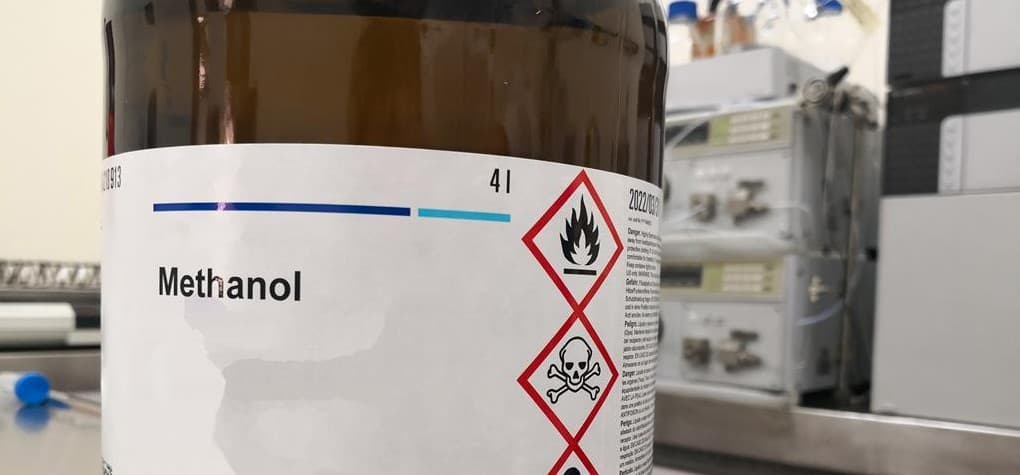We're loading the full news article for you. This includes the article content, images, author information, and related articles.
A new advisory from the UK government places Kenya and Uganda on a list of countries where tourists face risks from counterfeit alcohol, prompting a swift response from local authorities and raising concerns for the region's vital tourism sector.

The United Kingdom’s Foreign, Commonwealth & Development Office (FCDO) has issued an updated travel advisory, explicitly warning its citizens about the risk of methanol poisoning from counterfeit alcoholic drinks in Kenya and Uganda. The advisory, updated around October 22, 2025, cautions British nationals to avoid unsealed or homemade alcohol and be wary of pre-mixed cocktails, shots, and drinks served in jugs or buckets, which may be adulterated with the toxic industrial chemical.
The FCDO added Kenya, Uganda, Nigeria, Japan, Mexico, Peru, Ecuador, and Russia to a growing list of countries where there's a heightened risk of consuming alcohol tainted with methanol. This industrial alcohol, commonly found in antifreeze and paint thinners, is sometimes illegally mixed with spirit-based beverages by unscrupulous producers to cut costs. The substance is tasteless and odourless, making it nearly impossible for consumers to detect before consumption.
According to health experts, ingesting even small amounts of methanol can be fatal, with as little as 30ml capable of causing blindness or death within 12 to 48 hours. Early symptoms of methanol poisoning can mimic those of regular alcohol intoxication, such as nausea, vomiting, dizziness, and confusion. However, more severe and distinct symptoms like blurred vision, blindness, and difficulty breathing can develop later, making immediate medical attention critical.
In response to the international alert, the Kenya Bureau of Standards (KEBS) issued a statement on Wednesday, October 22, 2025, to reassure the public of the safety of regulated alcohol in the country. KEBS clarified that all methanol legally imported or manufactured in Kenya is denatured by adding denatonium benzoate, an intensely bitter chemical, to make it unpalatable and prevent it from being mistaken for consumable alcohol. “This means that methanol found in Kenya can never be mistaken for alcohol, as this component makes its taste extremely bitter for human ingestion,” the standards body stated.
KEBS emphasized that the primary danger lies with unregulated and illicit brews, urging consumers to purchase alcoholic beverages only from licensed and reputable vendors. The advisory comes amid broader concerns over illicit alcohol, which an industry study in May 2025 suggested accounted for a significant portion of alcohol sales in Kenya. The Australian government also issued a similar warning to its citizens on October 24, 2025, highlighting the risks of both drink spiking and methanol poisoning in Kenya.
The UK advisory touches on a sensitive issue for Kenya's hospitality industry. Beyond the threat of methanol, incidents of drink spiking, locally known as “mchele,” have been a persistent concern. In December 2024, the Directorate of Criminal Investigations (DCI) warned of a rise in such cases, where criminals use sedatives to drug unsuspecting patrons in entertainment venues before robbing them. These incidents, once thought to be concentrated in major cities, have reportedly spread to rural areas as well.
The FCDO's warning is part of a broader global awareness campaign titled “Know the Signs of Methanol Poisoning,” which was intensified following tragic incidents involving British tourists in other parts of the world, including a mass poisoning in Laos in November 2024. UK Minister for Consular and Crisis, Hamish Falconer, stressed the difficulty in detecting the poison, stating, “By the time travellers realise the danger, it can be too late.”
For Kenya and Uganda, whose economies rely heavily on tourism, such international advisories pose a significant reputational risk. The warning underscores the need for stringent enforcement and regulatory oversight to combat the production and sale of counterfeit and illicit alcoholic beverages, ensuring the safety of both citizens and international visitors.
Keep the conversation in one place—threads here stay linked to the story and in the forums.
Sign in to start a discussion
Start a conversation about this story and keep it linked here.
Other hot threads
E-sports and Gaming Community in Kenya
Active 9 months ago
The Role of Technology in Modern Agriculture (AgriTech)
Active 9 months ago
Popular Recreational Activities Across Counties
Active 9 months ago
Investing in Youth Sports Development Programs
Active 9 months ago